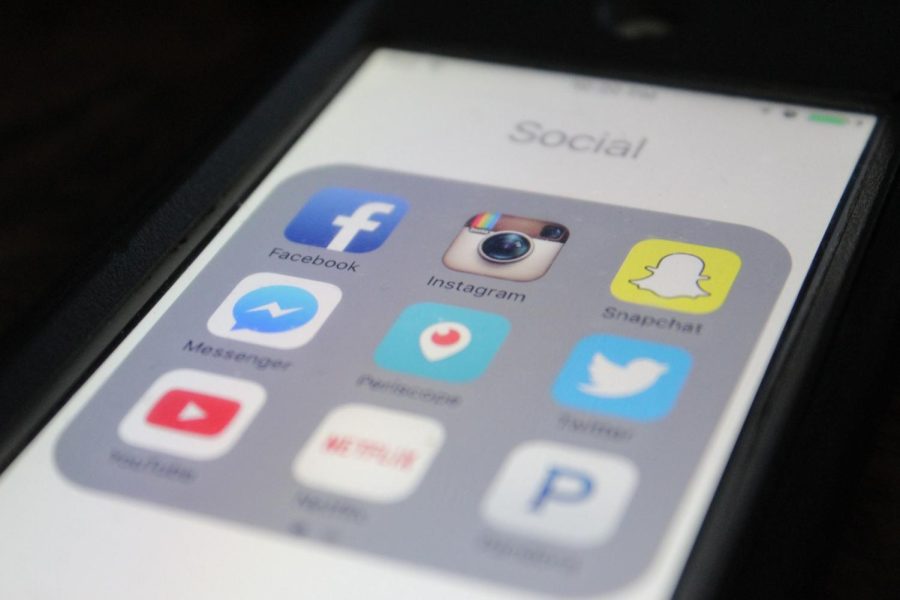Apps should not focus on controlling users
October 3, 2022
Instead of companies programming apps, the users are now becoming programmed. This concept is known as brain hacking. Apps that were supposed to provide entertainment are now hardwiring people’s brains to constantly feel the need to use and return to the app.
The use of social media such as Facebook, Twitter and Snapchat is increasing because companies designed these apps to be used often and on a routine basis.
When analyzing Snapchat’s features, I realized its streak feature might be hacking our brains. A Snapchat streak provides a score that increases each day a user sends a photo using the app. Snapchat must be used regularly for users to improve their scores.
Streaks have gradually made Snapchat part of people’s daily routines and life. This issue is not only seen with Snapchat. TikTok also has features that can essentially hack their users’ brains. People use TikTok for watching short reels that generally last around 30 seconds.
According to a study by Microsoft, attention spans have declined from 12 seconds in 2000 to 8 seconds in 2013. Microsoft’s study also states, “long-term focus erodes with increased digital consumption.” TikTok’s short video format might have contributed to the decline of its users’ attention spans.
Watching many short videos does not feel as slow-paced or intimidating as a time commitment.
Users can watch several hours of these videos without even noticing or feeling bored. TikTok was programmed to create this frequent use.
App developers orient their new features to make users want to come back for more. Increased use might prove beneficial for the app’s statistics, but it does not necessarily make it better for its users.
Apps—especially social media platforms—need to shift their focus from tricking users to making their apps more unique, fun to use and welcoming.



